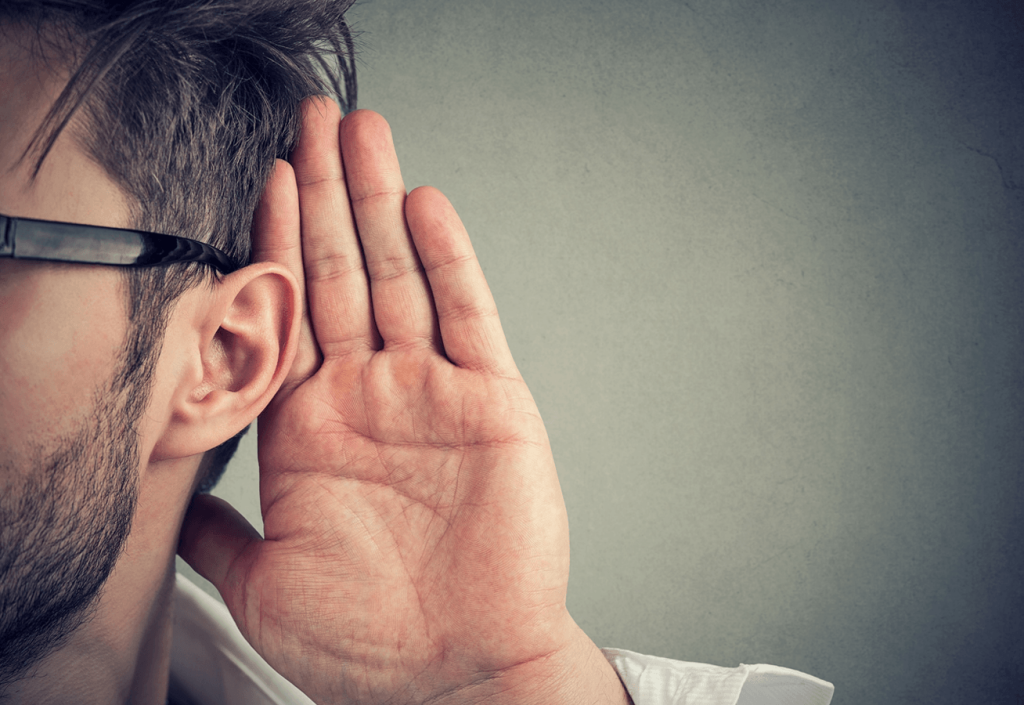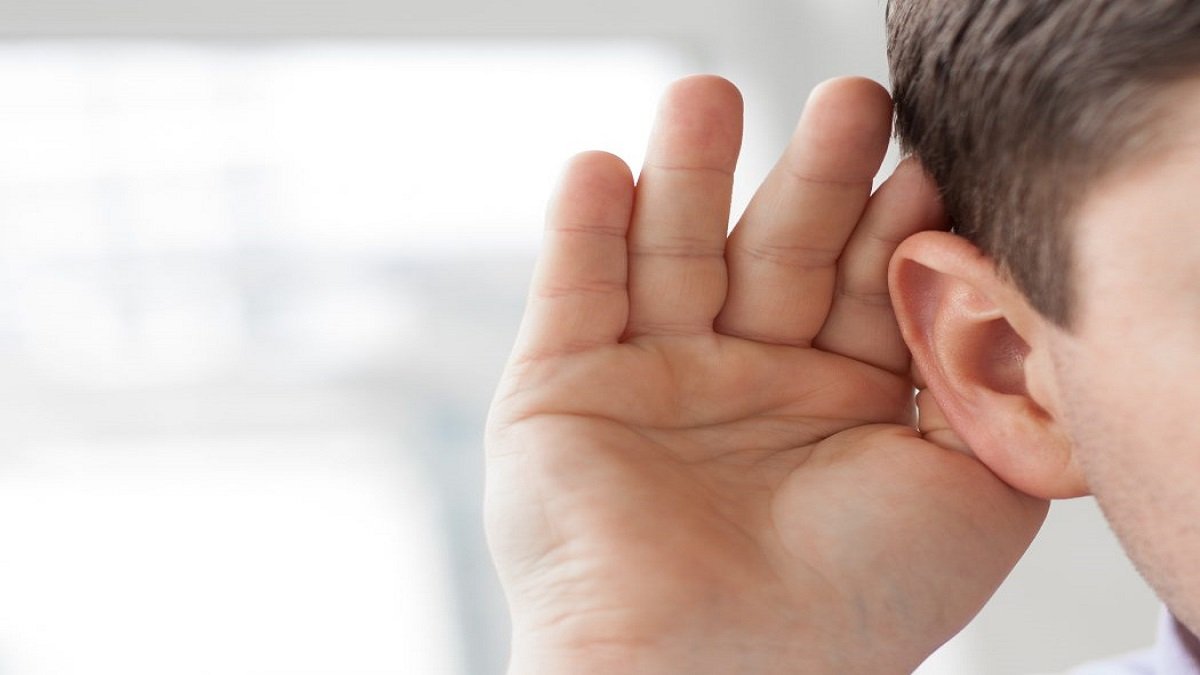Listening is a significant expertise in all everyday issues, whether you’re supporting a friend or family member through medical conditions, managing partners, or family connections. Most of us could be better at tuning in as we might want to think. Therefore, following some Ways to Become a Better Listener is vital.
At the point when we show we’re genuinely tuning in, it’s considerably more remunerating for the individual conversing with you, & you’ll receive more in return as well. This is called undivided attention, and it can assist with trying not to misjudge & lessen the potential for struggle.
Being A Better Listener Isn’t Difficult

1. Face The Speaker & Maintain Eye Contact
Eye-to-eye association is a critical piece of very close and individual conversation. An abundance of eye-to-eye association can be startling, notwithstanding, so change this to your situation.
Have a go at seeming to be in perfect timing or somewhere around there, or to show you’re listening carefully, see one eye for five seconds, then another for five seconds, then change to looking at their mouth.
When you dismiss, moving concentration over aside or up is better than looking down, which can make it seem like you really want to close the conversation.
Look at your position and guarantee it’s open – avoid crossed arms or legs, which can make you look ‘shut’ or wary. Slanting fairly forward or sideways while sitting can show the way that you’re tuning in – as can a slight inclination of your head or laying your head on your hand.
2. Create A Comfortable Environment For Conversation
One of the vital Ways to Become a Better Listener to having a significant conversation with someone else is to set out the freedom to have that conversation in a spot where you can both be agreeable.
Assuming that you accept somebody in your life is out of luck & attempting to open up, offer them a chance to talk. Welcome them out to get a beverage. Propose to catch lunch. Go to a ballgame.
By providing, you’ve permitted yourself to be accessible to tune in if they have any desire to talk & by picking a loosening-up setting, there will be less tension & weight on the actual discussion. What’s more, above all: After you offer an amazing chance to talk, really proceed to make it happen.
3. Listen More, Talk Less
One of the main parts of listening is to be available in the discussion. Try not to allow your psyche to meander & be occupied. Center around the at this point. Pay attention to what they’re sharing & lock in. For most of us, remaining present in a discussion is hard. However, we may need help understanding it.
One of the most widely recognized troubles with being available is that individuals continue to consider what to say straightaway. You will pay attention to the initial segment of what the individual is sharing, and then the remainder of your brain is occupied with pondering what you ought to say when they’re done.
Or on the other hand, if they share an individual issue with you & you quickly start attempting to consider an answer. This isn’t available. This isn’t listening. It’s not difficult to expect what you say & contribute during a conversation.
4. Pay Attention To Non-Verbal Cues
Looks, manner of speaking, & bodily signals can tell you similarly, however much is being said in words. Focus on what the other individual is talking about with their non-verbal communication — are they grinning, for instance, or are their arms crossed protectively or scouring their eyes as though they’re drained or disturbed.
Indeed, even on the telephone, you can gain significant knowledge from the other individual’s voice, which could sound repressed or energetic.
5. Ask Relevant Questions
While you’re standing by listening to somebody share something troublesome, ensure you’re asking questions to assist you with understanding what the individual is talking about. One of the most significant pieces of feeling approved is when an individual realizes they’ve been heard and perceived.
Show that you’re listening & attempting to comprehend by reflecting on what they’ve said with an inquiry. For instance, “This is the very thing that I heard, is that the very thing you implied?” or “So you’re saying this. Do I have that right?”
This fundamental question shows that you’ve been paying attention to what they’ve said and – more critically – do whatever it may take to ensure you grasp them.
If they’re examining what is going on you have practically no involvement in, you ought to inquire about the parts you don’t know. For example, “That sounds hard, yet I need to see more. Could you at any point educate me really regarding this angle?”
6. Don’t Interrupt
No, causing any interruption is one of the best answers to How to Be a Better Listener. Being interrupted is disappointing for the other individual – it gives the feeling that you believe you’re more significant or lack the capacity to deal with what they need to say.
Assuming you are usually a faster mastermind or speaker, drive yourself to dial back so the other individual can communicate their thoughts. Remember that a delay or a couple of moments of quietness doesn’t imply that you need to hop in. Allowing the other individual to talk will make it simpler for you to grasp their message.
7. Be Focused
If you need help to zero in on what somebody is talking about, have a go at rehashing their words in your mind, as has commonly been said them — this will build up what they’re talking about & assist you with concentrating.
Attempt to close out interruptions like different discussions happening in the room. Also, certainly don’t check your mobile out. That’s one of the great Ways to Become a Better Listener.
8. Approve Them for Being Vulnerable
Opening to another person is difficult. It takes a great deal to be defenseless against someone else. Discussing your thoughts isn’t frail; it’s the most intrepid thing an individual can do. So let the other individual in on that.
Say thanks to them for opening. Show appreciation that the individual trusts you. This little demonstration of recognizing the other individual’s weakness can facilitate future discussions. A chance for you to ask them, “How’s it going?” & have another advancing conversation.
You will only ever track down an answer to somebody’s concerns in a quiet conversation. Treat each troublesome discussion as the initial step in helping.
Things NOT TO DO While Talking To Someone
One of the best Ways to Become a Better Listener is to eliminate the actions or attitude that portrays you as a bad listener. Avoid these to avoid that negative light:
- Don’t cut a person short.
- Don’t have a judgmental attitude.
- Don’t fiddle with your phone.
- Don’t yawn.
- Don’t maintain a closed posture.
- Don’t jump to conclusions.
- Don’t be too vocal.
- Don’t maintain absolute silence.
- Don’t forget to respond.
- Don’t impose your opinions or answers.
- Don’t forget to provide feedback after the conversation.
FAQs
Q: What if I am talking to a person who is a bad listener himself?
A: The other person may be a bad listener, but that doesn’t mean you should be one, too.
Q: Are there any books that can help me to be a better listener?
A: There are many books available on that topic. Here are some:
- Listening Well: The Art of Empathic Understanding by William R. Miller.
- Active Listening: Improve Your Ability to Listen and Lead by the Center for Creative Leadership.
- How to Talk So Kids Will Listen & Listen So Kids Will Talk by Adele Faber and Elaine Mazlish.
- Building a StoryBrand: Clarify Your Message So Customers Will Listen by Donald Miller.
- How to Listen with Intention: The Foundation of True Connection, Communication, and Relationships by Patrick King.
- Walking to Listen: 4,000 Miles Across America, One Story at a Time by Andrew Forsthoefel.
- Writing Down Your Soul: How to Activate and Listen to the Extraordinary Voice Within by Janet Conner.
Q: As I am in sales, is speaking more helpful than listening?
A: The base of any conversation is listening. To understand the needs or queries, you must listen to them first.











